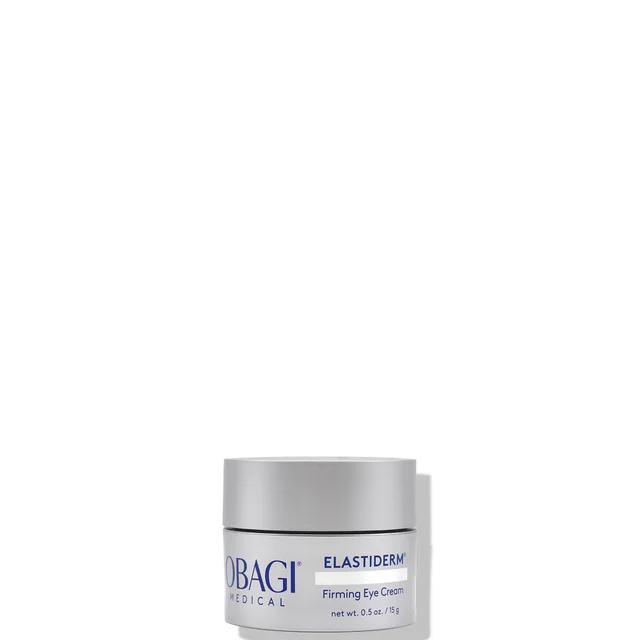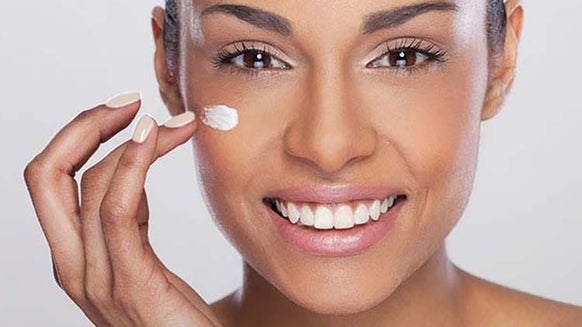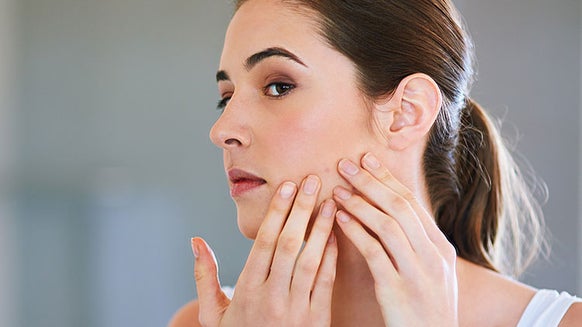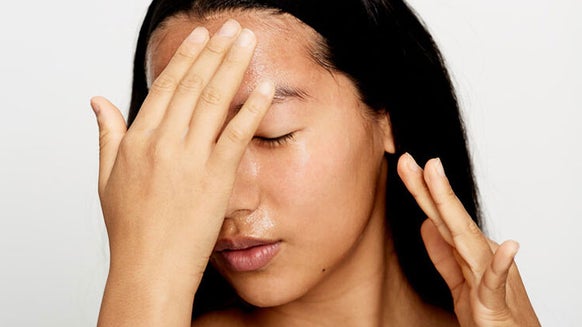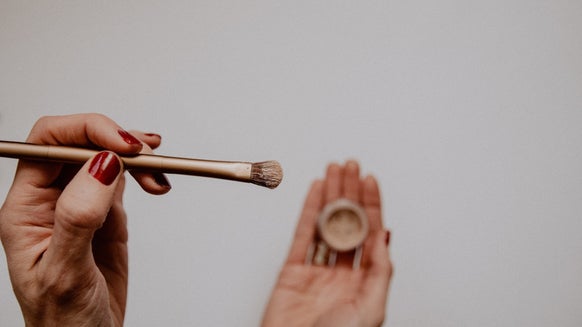5 Worst Pieces of Advice Your Friends Tell You About Your Skin (And What to Do Instead)
We have all been given well-intended advice by a friend or family member that sometimes ends up doing more harm than good. In my practice as a dermatologist, I've heard my fair share of these from my clients. Here, I debunk a few of the most common skin myths, as well as share my best tips and advice on what you should do instead.
Advice #1: The higher the SPF, the better the protection.
Why it's wrong: An SPF of 50 means you can stay in the sun 50 times longer than you could without it before burning. But it does not take into account that the sunscreen starts to break down as soon as it is applied to the skin. No matter the SPF, you still need to reapply every two to three hours when outside enjoying the sun. Furthermore, SPF only describes protection from UVB rays, the sunburn rays that also damage your skin's DNA. UVA rays penetrate the skin more deeply, causing wrinkles and brown.
What to do instead: Instead of looking for a product with the highest SPF, look for a product with an SPF of 30 that is also labeled with UVA and UVB protection or broad spectrum. The best, broadest protection comes from zinc oxide. It used to make you look like a clown but the formulations have come a long way! I use a 15% zinc-based sunscreen every day.
Advice #2: Popping a pimple will make it heal faster.
Why it's wrong: The truth is, even though it feels really good to pop a pimple, a lot can go wrong when we start picking. We often pick too much, re-creating a bigger wound for our body to heal. And when we squeeze, we can push some of the pus deeper into the skin, causing more inflammation.
What to do instead: Keep your hands off it; it will heal on its own. If the pimple is deep and you want it gone before a big event, call your dermatologist and ask for a short course of doxycycline, an antibiotic that also has powerful anti-inflammatory properties to help settle the pimple. Or, come in to get a steroid injection to the acne cyst to help rapidly shrink the pimple.
Advice #3: Everyone needs an eye cream separate from their facial moisturizer.
Why it's wrong: Eye creams are typically more expensive than face creams with fewer anti-aging ingredients because eye skin is sensitive. Eye creams are helpful for people with oily skin who do not use a heavy moisturizer, or for people who have a specific eye problem, like dark circles or puffiness where a targeted treatment could help.
What to do instead: If you have normal skin with no specific eye concern, simply use your face cream around your eyes.
Advice #4: Natural ingredients are always better for your skin.
Why it's wrong: In the beauty world, the term “natural” can mean almost anything and is loosely regulated at best. There’s no scientific legitimacy proving "natural" or "organic" ingredients are better for skin. In fact, some "natural" ingredients actually do more harm than good. They too can be a source of irritation and allergy.
What to do instead: People with sensitive skin do better with a fewer number of tested, hypoallergenic ingredients than many ingredients, even if those ingredients are natural.
Advice #5: If I get a base tan I won't get a sunburn.
Why it's wrong: No, no, no! There is no such thing as a healthy tan. Tanning is the skin’s response to injury from the sun’s radiation. It only starts to tan AFTER the skin cell identifies damage to its DNA to try to protect your skin cells from further injury. Data shows that tanning bed users are 75% more likely to develop melanoma, 150% more likely to develop basal cell carcinoma and 250% more likely to develop squamous cell carcinoma.
What to do instead: Embrace your skin tone, or find your favorite self-tanner to model under a poolside umbrella. I’m a fan of the TanTowel and St. Tropez Everyday Body Lotion.
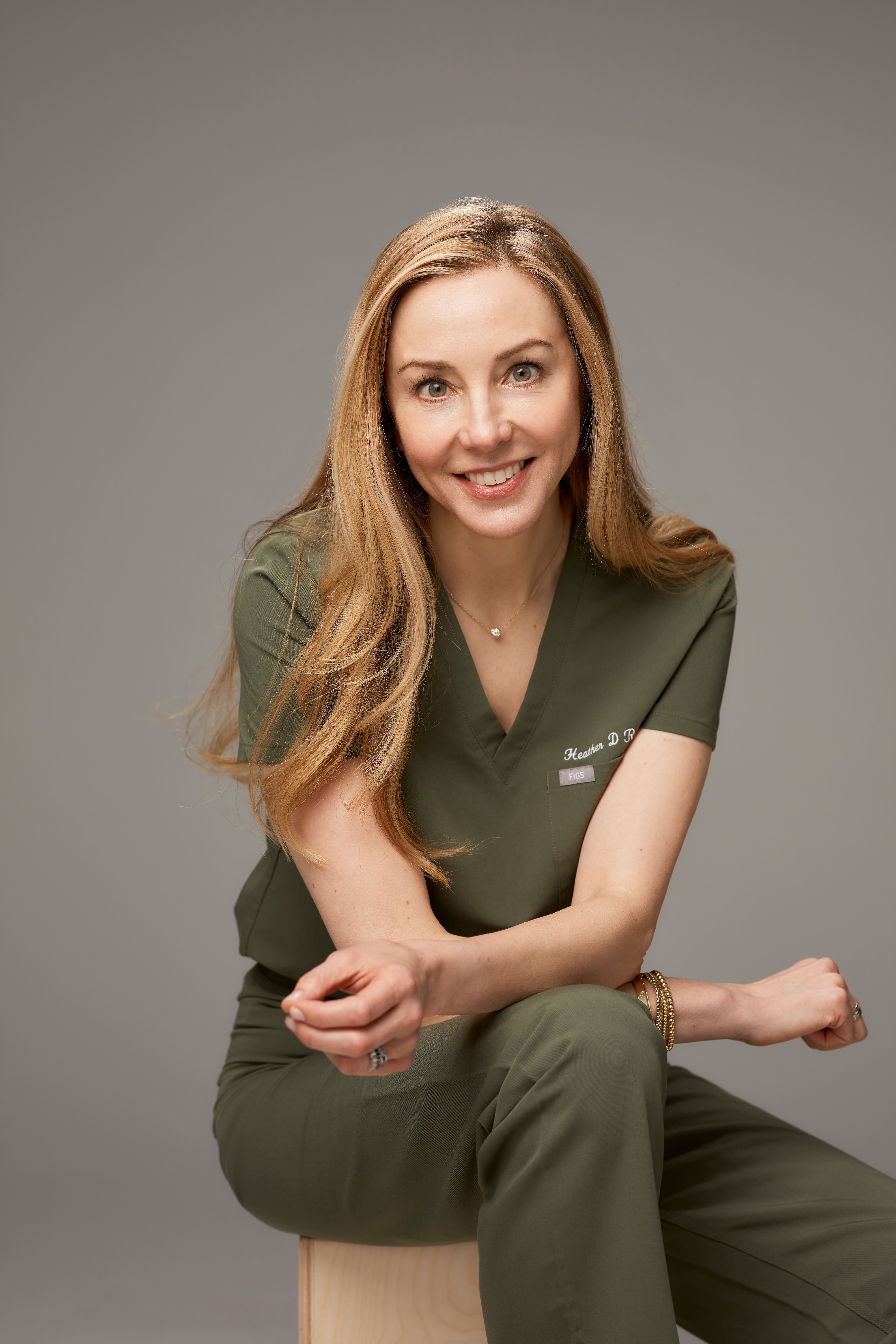
Dr. Heather D. Rogers is a double-board certified dermatologic surgeon and the founder of Doctor Rogers Skin Care. She practices procedural and cosmetic dermatology full-time at Modern Dermatology in Seattle and maintains a strong online presence that emphasizes education about all things skin. Her expertise derives from her training at Stanford, Univ. of Washington and Columbia, plus two decades of ongoing clinical experience. Follow Dr. Rogers on Instagram, Facebook, and Youtube.

